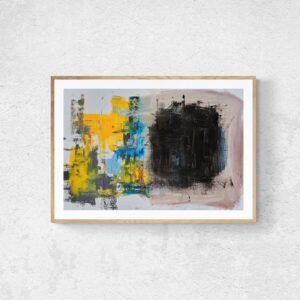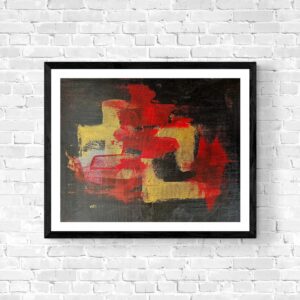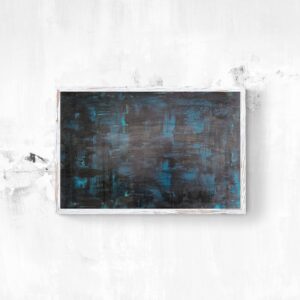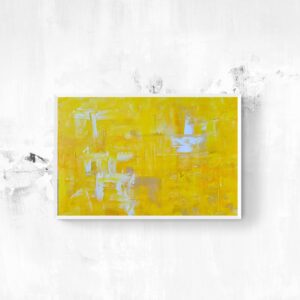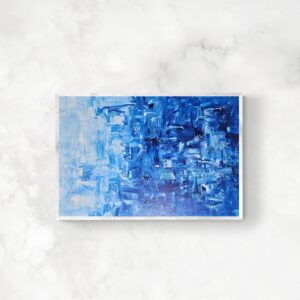
A Bangkok exhibition exploring state violence and resistance, which included artists from Tibet and Hong Kong, was altered under pressure by officials at the Chinese Embassy in Thailand.
In an email sent to the artists reviewed by Hyperallergic, the curators of the exhibition said that the show was modified to protect diplomatic relations between the two countries. The news was first reported by Reuters. Some of the censored works reference China’s treatment of Uyghurs and other primarily Muslim ethnic groups.
The 10-artist exhibition, Constellation of Complicity: Visualising the Global Machinery of Authoritarian Solidarity opened last month at the Bangkok Art and Culture Center (BACC) and is set to close this October. Bangkok’s Metropolitan Authority, a public agency, was the exhibition’s main supporter, according to emails reviewed by Hyperallergic.

In an email sent to artists, BACC staff said that works by artists from Hong Kong, Tibet, and the Uyghur diaspora were altered, including with text black outs, due to a risk of “creating diplomatic tensions between Thailand and China.” The show was curated by the Myanmar Peace Museum and also includes artists from Iran, Russia, and Syria.
“We are doing everything we can to ensure the exhibition proceeds as planned while taking necessary steps to de-escalate the situation,” BACC staff said in the email, reviewed by Hyperallergic. “Rather than removing any names, we will place a black tab over the affected entries — serving as a statement itself and leaving the interpretation open to the public.”

The curators of the exhibition fled the country after officials from the Chinese Embassy and Thai police visited the museum, according to Reuters and one of the censored artists, trans Tibetan artist Tenzin Mingyur Paldron, who goes by the moniker Doc Tenzin.
“The name Tibet is politicized, and that includes Tibetan names,” Tenzin told Hyperallergic.
Images taken after the changes were made under pressure from Chinese officials show that the names of four participants — Uyghur artist Mukaddas Mijit, duo Clara Cheung and Gun Cheng Yee Man from Hong Kong, and Doc Tenzin — were blacked out.
Hyperallergic has attempted to contact the curators who have fled Thailand. Doc Tenzin did not blame BACC for the exhibition alterations, and said he believed that the center had done their best to mitigate the situation.

Doc Tenzin, who was born a refugee in India and moved to the US as a child, said that seven objects in his mixed-media installation were altered under pressure from Chinese officials. Uyghur and Tibetan flags were blacked out, he said, but other flags in the installation, including Palestinian, Rohingya, Haitian, and Sudanese flags, were not. Tenzin added that three films he worked on, including Listen to Indigenous People (A Trans Tibetan Scholar and Survivor Speaks on the Dalai Lama), footage he edited of a multi-hour demonstration by LGBTQ+ Tibetans in New York City, and a short animated film he wrote about listening to nature were all removed.
A graphic by artist Liz Hee relating China and Israel’s surveillance and repression of Muslim communities in the countries’ respective occupied territories was also censored, the artist said.

Tenzin explained in a statement that his 12-minute conversational film Listen to Indigenous People explored the roots of a controversial viral 2023 video in which the Dalai Lama asks an Indian boy to “suck” his tongue. Doc Tenzin claims that the footage was “spliced” and provided maliciously by an anonymous Chinese source to media.
“Who are museums for? They should be for the people, not for dictators of any ideology,” Tenzin told Hyperallergic.
“When museums are unfairly pressured like BACC has been, the people must speak up for protection of the arts and artists. They must let the powers that be know this is unacceptable,” Tenzin continued. “More importantly, they must send a message to censoring governments that these works will be seen, they will be heard, they will be discussed.”
Hyperallergic has reached out to other artists in the show, the Thai Ministry of Foreign Affairs, and BACC for comment.

